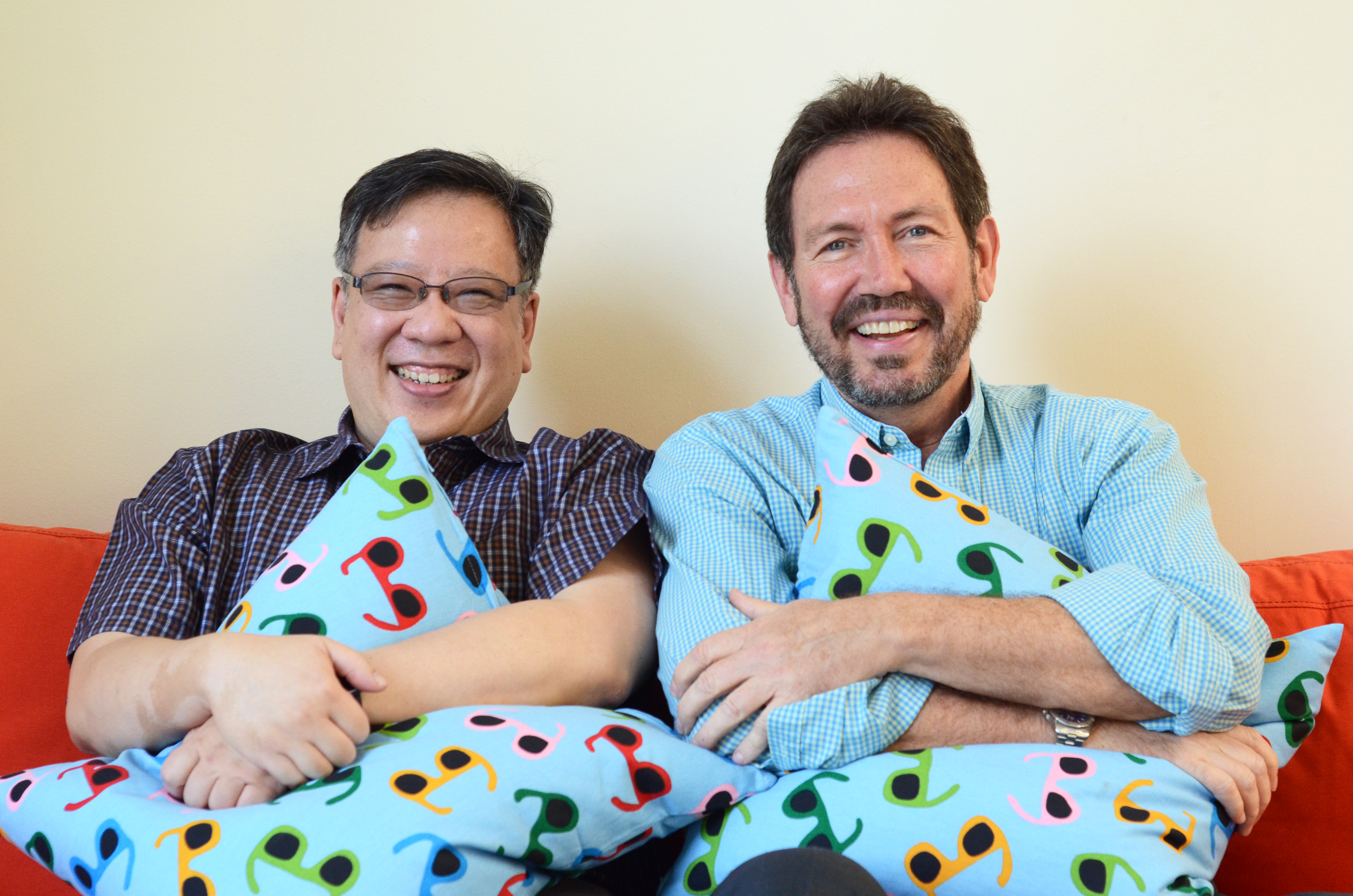Young Children’s Voices in Mathematical Problem Solving
Contributed by Dr Ho Siew Yin and Sng Wei Qin Abbie, from NTUC First Campus, for SingTeach Virtual […]
Read More

Guest Editors Dr Dennis Kwek and Associate Professor Mark Baildon from the Office of Education Research at NIE
This issue of SingTeach highlights the necessary interplay between new perspectives, practices and technologies to transform education. While advances in neuroscience and neural-informed interventions can support teaching and learning in subjects like Math, and the use of learning analytics and artificial intelligence promises to effectively reduce teachers’ administrative tasks and make classroom processes more efficient, education will fundamentally remain a human endeavor. The uses of new educational technologies will be directed by our values, interests and the decisions that we make. New directions in education will require drawing on new technological affordances in ways that better support teaching and learning to respond to 21st century global challenges such as climate crisis, pandemics and inequality (among others) as shared problems that all societies, communities and individuals must address.
The articles in this issue feature the ways technology can be harnessed to support more powerful forms of teaching and learning, yet point to the need to develop students who will become empathetic and ethical citizens, able to understand and address complex societal issues. This will fundamentally require new visions of education. It calls on all of us involved in education to develop an openness and hospitableness to new perspectives and practices, along with the capacities for critical judgment and public reasoning, and renewed commitments to justice and those most marginalized or vulnerable in our society. Perhaps the connecting thread between these dispositions and the ways we use technology in education and society is the need to develop new literacies and 21st century competencies – better viewed as social practices that will enable young people to critically investigate and understand their everyday lives as well as take informed action using a range of tools. This issue shares what this might look like in subjects ranging from Math to Literature and in multiple spaces that present new opportunities to empower learners.
We know education can be more. More, not in the sense of numbers or better scores on exams, but more in the sense of fuller, more meaningful, more fulfilling, engaging and relevant for all learners; that education can serve to not only improve individual lives but society as well. This view of education springs from the hope that education can be more about matters of the heart, empowering individuals in myriad ways to live rich, full lives, that it can be directed to serve all of humanity and the planet we share. We hope you enjoy the articles and use them to imagine or envision new forms of educational practice and how we might work together to create these new educational futures.
Access The Big Idea article here: https://singteach.nie.edu.sg/issue72-big-idea/